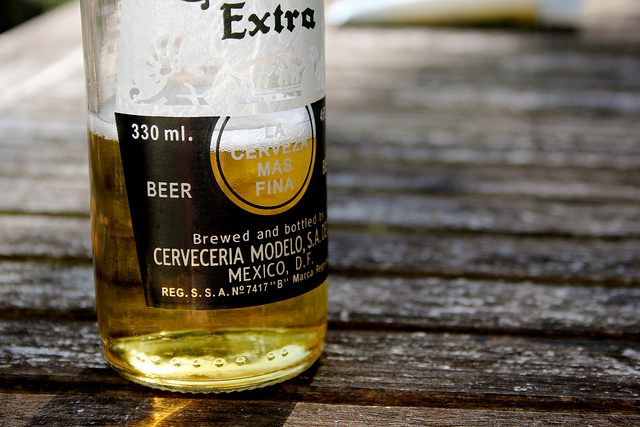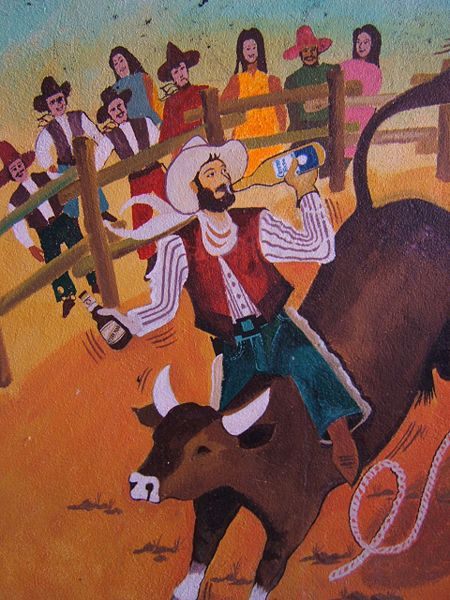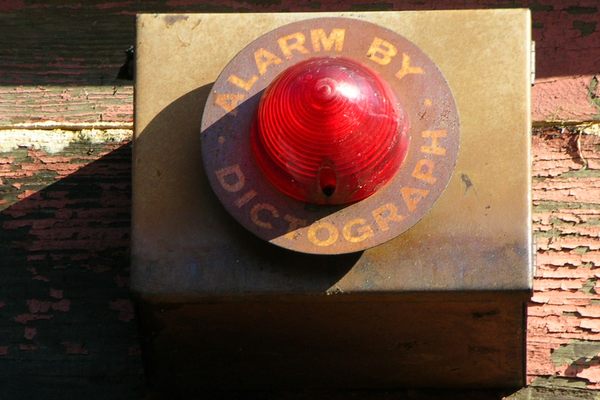In 1987, a Rival Beer Distributor Was Forced to Admit That Corona Doesn’t Contain Urine
From the annals of persistent, totally false rumors.

After a long day at work, there’s nothing better than sitting down at a bar and enjoying a nice, foamy bottle of yellow liquid previously stored in a human body.
Did the thought make you panic? If so, you might understand how lovers of Corona beer felt in 1987.
Though the brand had only arrived to the United States in 1979, its rise was almost immediate. Its allure as the “California surfer/life by the beach” beer of choice quickly made it a national favorite. Less than ten years after its arrival, its sales figures placed it second only to Heineken among imported beers in the U.S.

It seemed like nothing could stop Corona Extra, a product of the Mexican beer company Grupo Modelo. But then, unexpectedly, stores began to refuse to sell it, sales plummeted, and U.S. consumers suddenly seemed to have turned against the beer. The reason? A rumor that urine was one of its components.
Rival beer distributors had allegedly whispered that Mexican workers used beer containers destined to be exported to the U.S. as urinals. Supposedly, this was the way the irate workers took vengeance on their northern neighbors and fiercest rivals. Or something to that effect.

For a time, this obvious lie was believed by many beer drinkers. In some towns, sales went down by almost 80 percent, and stores all over the country returned shipments. Though not everyone believed the ridiculous rumor, enough people panicked and spoke out against the company for there to be serious consequences on sales and brand name.
Panicking, Michael J. Mazzoni of Barton Beers, the company that imported Corona into the western half of the U.S., decided to investigate the matter to see in what way the brand’s reputation could be salvaged. He claimed to have traced the rumor back to Luce & Son, Inc., a Nevada-based distributor of Heineken, among other brands (but not Corona), who were presumably eager to chip away at Corona’s growing market share in the U.S.*
Barton sued for damages. A settlement was reached, and Luce & Son agreed to issue public statements denying the veracity of the allegations.
The damage wasn’t limited to Corona, either: the rumor fed upon and amplified racist stereotypes against Hispanic culture. It took Corona years to recover, and it has taken them even longer to dispel the falsehood that, perhaps, prevented their becoming even more popular in the U.S. Articles dedicated to dispelling myths about beer continue to struggle to debunk the rumor.
Even people who realize the rumor is a blatant lie often have a hard time dispelling the unpalatable image of urine when they see the yellow, foamy beer. So much so that Urban Dictionary lists “Mexican piss water” as a derogatory name for Corona. Gross rumors die hard.
*Correction: An earlier version of this article included imprecise language, along with a misleading headline, that suggested the Heineken beer company was behind the 1980s rumor that Corona contained urine. We have no evidence that the Heineken company itself was behind the rumor.








Follow us on Twitter to get the latest on the world's hidden wonders.
Like us on Facebook to get the latest on the world's hidden wonders.
Follow us on Twitter Like us on Facebook